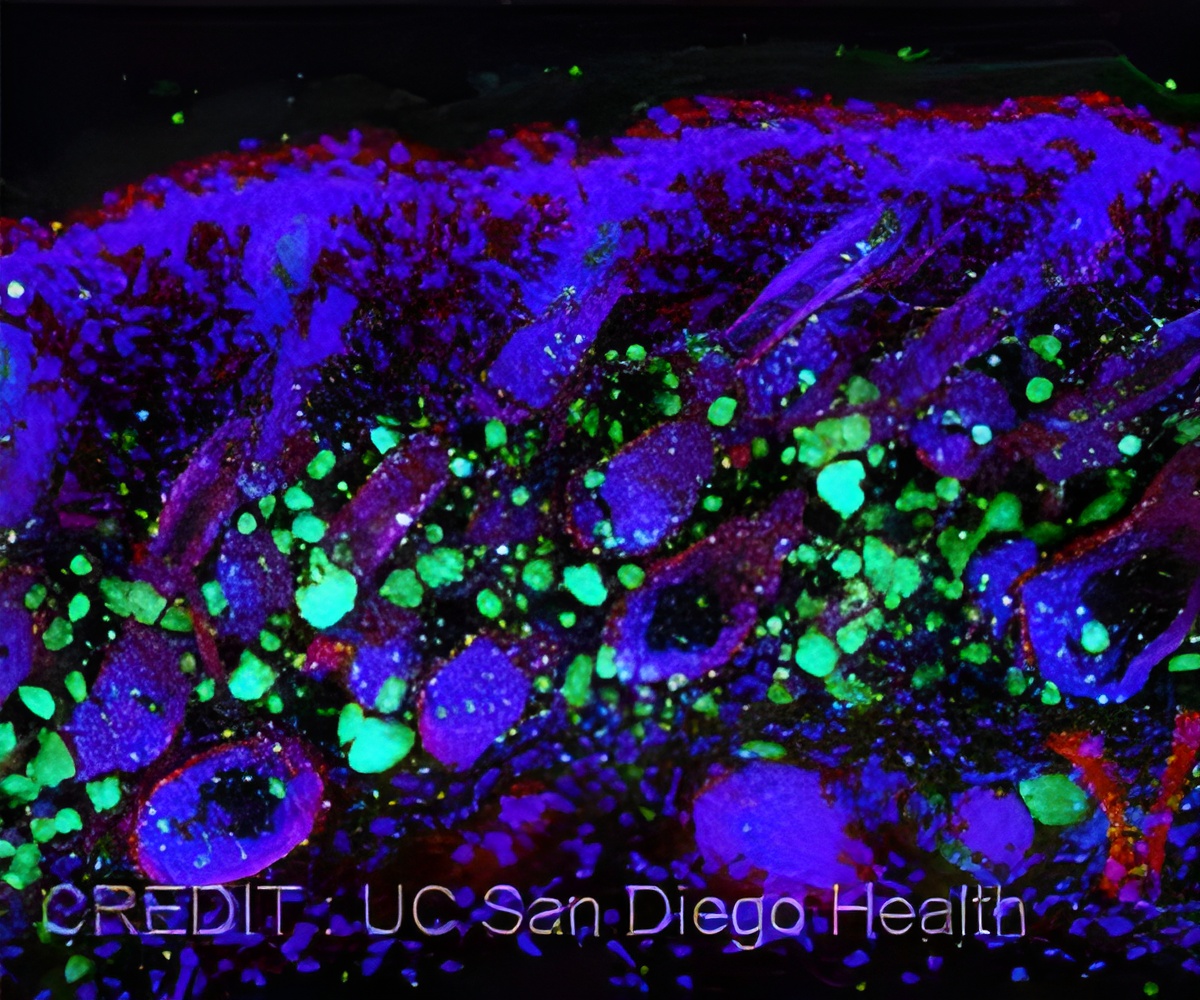
‘New study discovers how our skin ages, loses fat and immunity which could give us a clear understanding of the various changes that occur in the skin as we age.’
Tweet it Now
In a study, University of California San Diego School of Medicine researchers and colleagues show how fibroblasts develop into fat cells and identify the pathway that causes this process to cease as people age."We have discovered how the skin loses the ability to form fat during aging," said Richard Gallo, MD, Ph.D., Distinguished Professor and chair of the Department of Dermatology at UC San Diego School of Medicine and senior author on the study. "Loss of the ability of fibroblasts to convert into fat affects how the skin fights infections and will influence how the skin looks during aging."
Don't reach for the donuts. Gaining weight isn't the path to converting dermal fibroblasts into fat cells since obesity also interferes with the ability to fight infections. Instead, a protein that controls many cellular functions, called transforming growth factor beta (TGF-β), stops dermal fibroblasts from converting into fat cells and prevents the cells from producing the antimicrobial peptide cathelicidin, which helps protect against bacterial infections, reported researchers.
"Babies have a lot of this type of fat under the skin, making their skin inherently good at fighting some types of infections. Aged dermal fibroblasts lose this ability and the capacity to form fat under the skin," said Gallo. "Skin with a layer of fat under it looks more youthful. When we age, the appearance of the skin has a lot to do with the loss of fat."
In mouse models, researchers used chemical blockers to inhibit the TGF-β pathway, causing the skin to revert back to a younger function and allowing dermal fibroblasts to convert into fat cells. Turning off the pathway in mice by genetic techniques had the same result.
Advertisement
The long-term goals and benefits of this research are to understand the infant immune system, said Gallo. The results may also help understand what goes wrong in other diseases like obesity, diabetes and autoimmune diseases.
Advertisement















